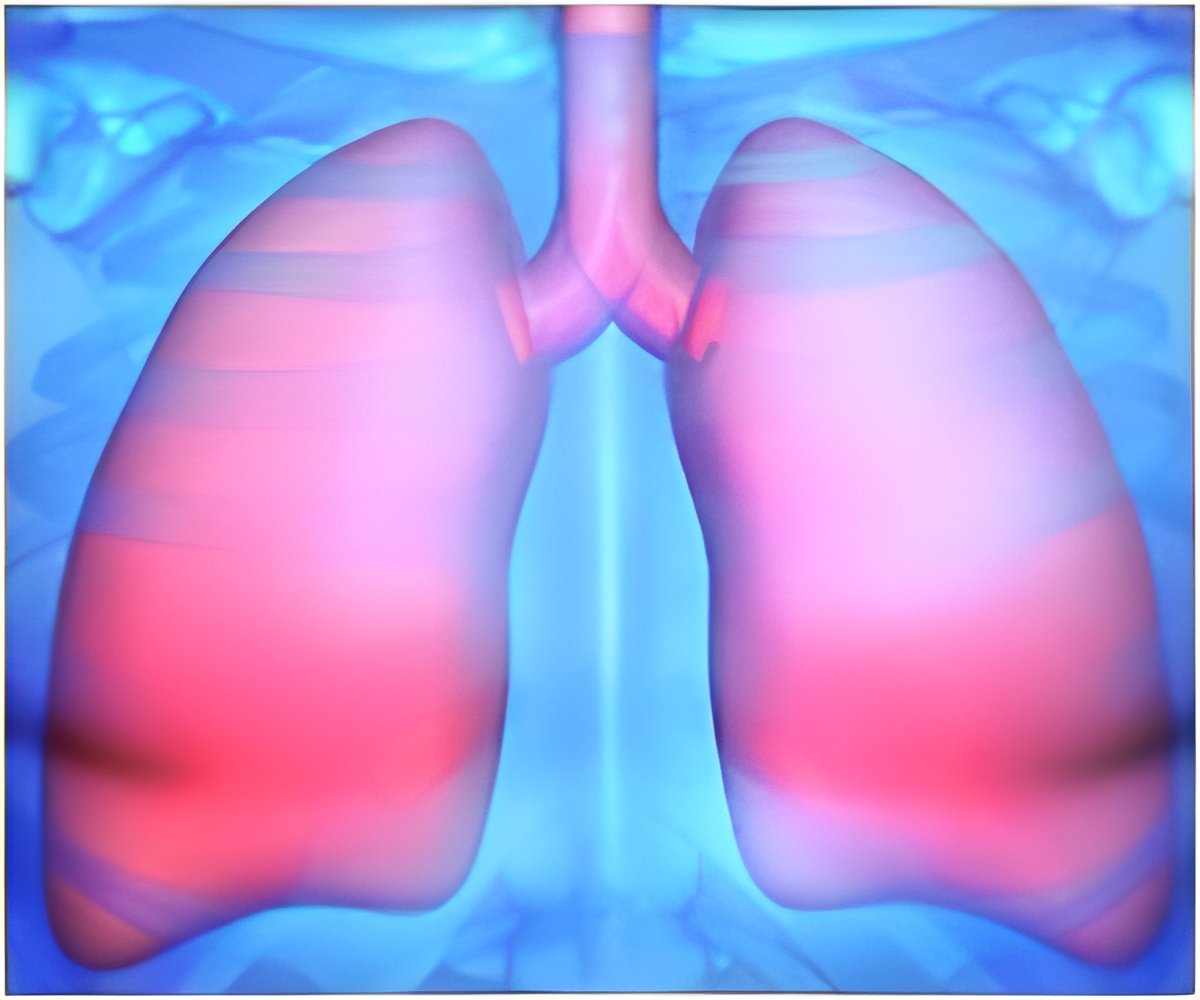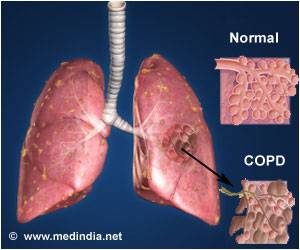A strong immune response is elicited by highly pathogenic influenza that can lead to uncontrolled inflammation in the lung and potentially fatal lung injury.

When the researchers examined mice with disrupted IL-27 function, they found that they were more likely than normal mice likely to die when infected with the virus, and that they died as a consequence of rampant lung inflammation. This was associated with a stronger immune response and stronger immunopathology. Thus, IL-27 plays an important role in limiting destructive inflammation during the advanced stages of infection.
Having discovered the crucial role of IL-27 in regulating immunopathology, the researchers wondered whether this could be exploited for therapeutic purposes. To test the potential of IL-27 treatment, they administered recombinant IL-27 (rIL-27, that is, IL-27 produced by biotechnology) to normal mice at different times after virus infection.
When they matched the natural course of IL-27 (treatment starting at day 5 after virus infection), they found that fewer mice died, that they lost less weight, and recovered quicker than those without treatment. In contrast, mice treated with IL-27 early (starting at the day of virus infection) were doing poorly and did not recover from the infection. Although their lungs showed less extensive damage, they were not able to control overall virus levels. This shows the importance of timing, with IL-27 treatment being beneficial only during later stages of infection but harmful when given too early.
Source-Eurekalert
 MEDINDIA
MEDINDIA




 Email
Email










